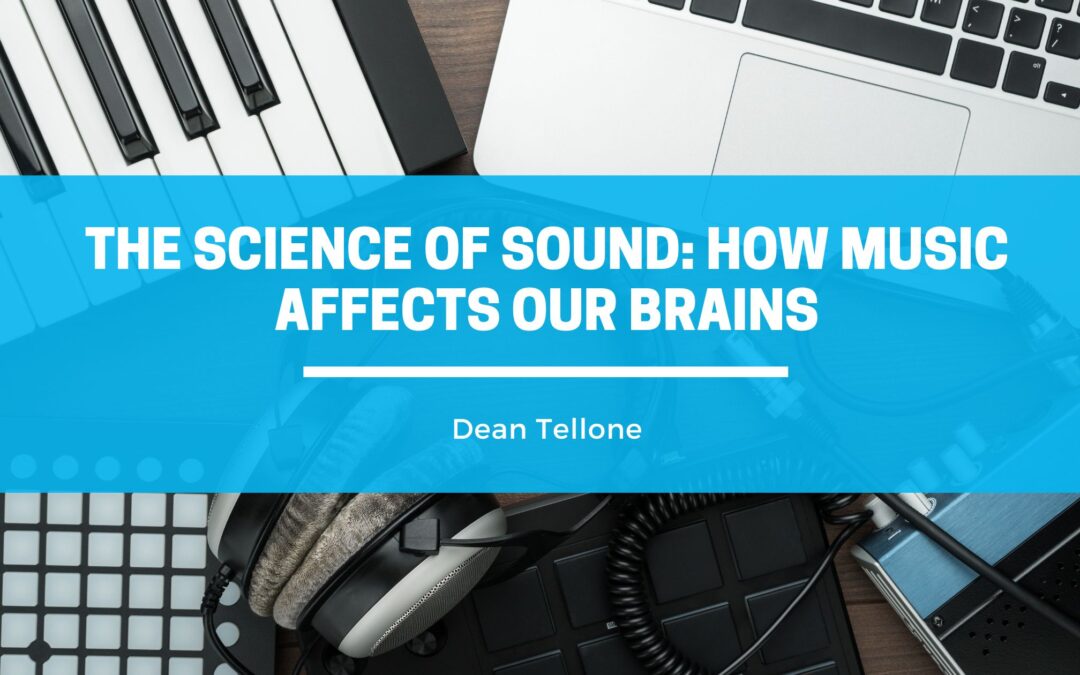Music is an integral part of human culture and is present in every society worldwide. Beyond its cultural significance, music profoundly affects our brains, influencing our emotions, cognition, and physical well-being. Understanding the science of sound and how music affects our brains can provide insights into its therapeutic potential and everyday benefits.
The Neural Pathways of Music
Listening to music activates multiple areas of the brain, including the auditory cortex, which processes sound; the limbic system, which is involved in emotional regulation; and the prefrontal cortex, which is associated with complex cognitive functions. This widespread activation explains why music can evoke robust emotional responses and enhance mental performance.
Music and Emotions
One of the most noticeable effects of music is its ability to evoke emotions. Different types of music can trigger a wide range of emotional responses, from joy and excitement to sadness and nostalgia. This emotional impact is mainly due to the activation of the limbic system, particularly the amygdala, which processes emotional reactions. Studies have shown that listening to music can increase the release of dopamine, a neurotransmitter associated with pleasure and reward, contributing to the feelings of happiness and satisfaction that music often brings.
Music and Memory
Music has a unique ability to trigger memories and enhance recall. This is because the hippocampus, a brain region involved in memory formation, is also activated when we listen to music. This connection explains why certain songs can bring back vivid memories of specific events or periods. Music therapy is often used with patients suffering from Alzheimer’s disease and other forms of dementia to help improve memory and cognitive function. Familiar songs can provide comfort and help patients reconnect with their past.
Music and Cognitive Performance
Listening to music can also enhance cognitive performance, known as the “Mozart effect.” Studies have suggested that listening to classical music, particularly compositions by Mozart, can temporarily boost spatial-temporal reasoning skills. However, the extent and duration of this effect are still debated among researchers. Beyond classical music, various genres can improve focus, creativity, and productivity. For example, upbeat music can increase motivation and energy levels, while ambient or instrumental music can help reduce stress and enhance concentration.
Music and Physical Health
The benefits of music extend beyond the brain to impact physical health. Listening to music can reduce stress and anxiety by lowering cortisol levels, a stress-related hormone. It can also promote relaxation and improve sleep quality by stimulating the parasympathetic nervous system, which helps the body relax. Moreover, music therapy has been shown to alleviate pain and improve recovery outcomes in patients undergoing medical procedures or treatments. This is partly due to music’s ability to distract from pain and discomfort and its impact on the brain’s pain-processing pathways.
Music as Therapy
Music is increasingly used as a therapeutic tool, given its wide-ranging effects on the brain and body. Music therapy involves using music interventions to achieve specific therapeutic goals, such as improving mood, reducing pain, and enhancing cognitive function. It is used in various settings, including hospitals, rehabilitation centers, and mental health facilities, to support diverse patient needs. The structured use of music therapy can help individuals with developmental disorders, mental health conditions, and neurological impairments.
Conclusion
The science of sound reveals that music is far more than just entertainment. Its profound effects on the brain and body highlight its potential as a powerful tool for enhancing emotional well-being, cognitive performance, and physical health. By harnessing the therapeutic power of music, we can improve our quality of life and unlock new avenues for healing and personal growth.


